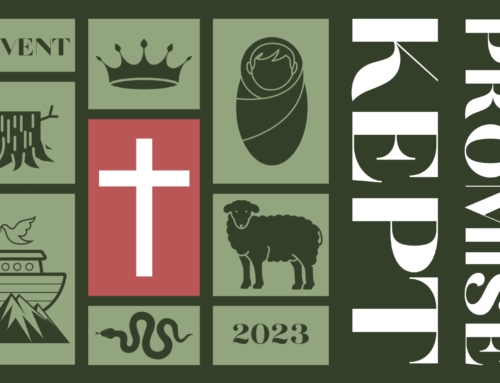Hopefully you all are reading the bible regularly in your homes. As believers in Jesus, we should all love him and his word. As the psalmist says, it should be our delight. We should love reading his word and being transformed by it. Sometimes this may be easier said than done. Much of what is in the bible is very straightforward and easy to understand. However, there are some passages that are more difficult. We should be reading prayerfully and relying on the Holy Spirit to help us understand God’s word, and some passages require more study than others if we are going to understand exactly what is being communicated.
Below, I want to offer 6 questions (Who? What? When? Where? Why? and How?) that we can ask when reading the bible. Answering these questions will help us to come to a better understanding of those more difficult passages, but they will also help us even to understand the easier passages more fully and more consistently.
In order to keep these blog posts short enough to be read and digested in a timely manner, we will consider these questions over a few posts. This is the first. The others can be found below.
Part Two. Part Three Part Four
1. Who?
- Who wrote what you are reading?
Knowing who wrote the Bible passage you are reading can be really helpful in many cases. Different writers sometimes used different words in very different ways. For example, John and Paul both used the word “flesh” in their writings. However, when John used that word, he was referring to the physical body. Paul used “flesh” to refer to the sinful nature. So, John says that Jesus took on flesh or became flesh meaning that Jesus became human including all the physical aspects of humanity. Paul believed that Jesus became human, but he would not use the word “flesh” to say that. Instead, he told us to avoid the works of the flesh (sinful nature).
Also, knowing who wrote can be helpful because it sometimes gives us a better understanding of the author’s purpose or life situation. In the case of the gospels, knowing which author we are reading (and his specific purpose for writing) can sometimes help us to understand why he included certain stories or emphasized certain aspects of Jesus’ life. Knowing that Paul wrote a certain letter can help us to understand some of its significance if we also know where he was and what he was doing when he wrote it (Was he is prison? Was he traveling between churches? Etc.)
- Who is speaking (if different than the author)?
This question can be really helpful when we are reading historical or narrative passages (parts of the bible that read like a story, biography, or history). For example, in the book of Job, it is often helpful to know whether we are reading words spoken by Job or one of his friends, or God. In the gospels, sometimes we read words spoken by Jesus, sometimes words spoken by one of the disciples, a demon, a pharisee or sadducee, or etc. Sometimes, in the gospels or Acts, it can be helpful to know whether the person speaking is Jewish or Gentile. In Acts, it may be useful to know what we are reading is coming from a person preaching or from a person responding to preaching, whether the words we are reading were spoken by someone who has trusted in Jesus or someone who has not yet.
This is true in other historical or narrative books as well. For example, if we are reading at the end of Genesis, we would want to keep track of whether the words we are reading are coming from Joseph, one of his brothers, Pharaoh, Jacob, or etc. In the early chapters of Genesis, we definitely want to make sure we know who is speaking—God or Satan!
- Who was what you are reading written to?
This final “who” question is important as well. Figuring out who the passage you are reading was written to can help you to understand the purpose and meaning of a passage of scripture. If you are reading a passage from he Old Testament, you might want to figure out if it was written to Israel or to the whole world—whether it was written to all of Israel or just to the priests or the prophets or kings. If you are reading a passage from he New Testament, it is helpful to know whether it is addressing believers or unbelievers. Is it written to a specific church that was facing a specific situation/problem or is it written to all Christians in general? It the small section that you are reading addressing the whole church or a group within the church (e.g.: pastors, deacons, women, men, children, or etc.)? We will talk about application later (question #6), but this is one of the first steps in applying the Bible rightly. You do not want to take something that was written specifically to women or deacons or etc. and try to apply that to all believers in general.
Be sure to check back in the next few days for part two.




